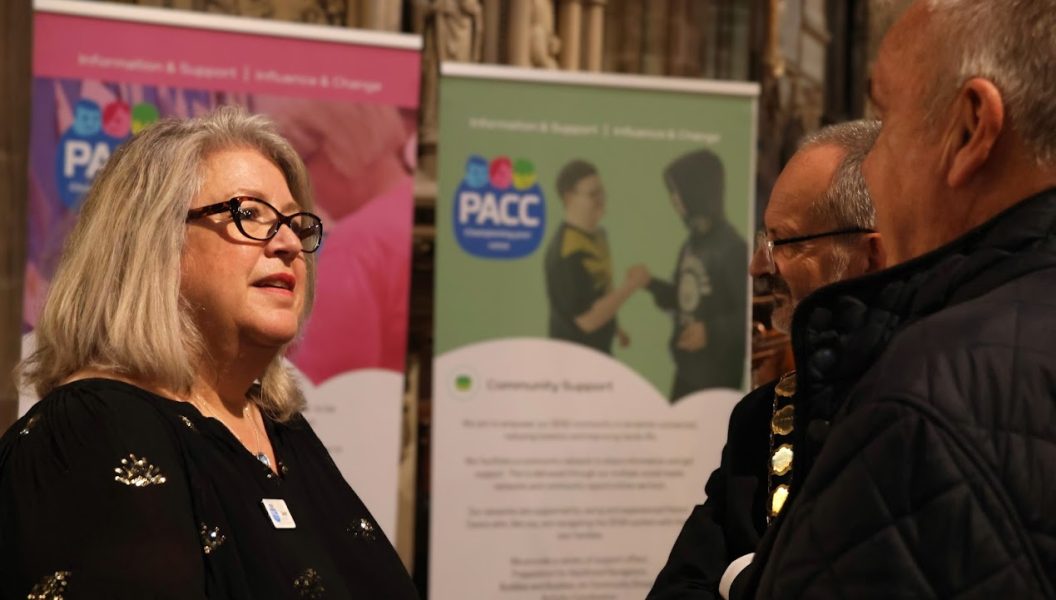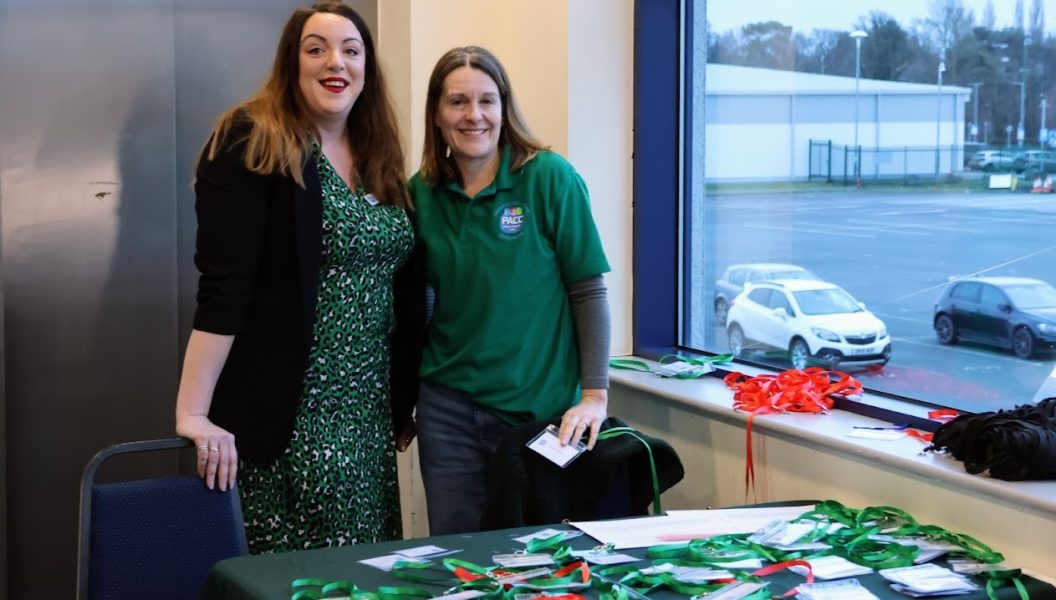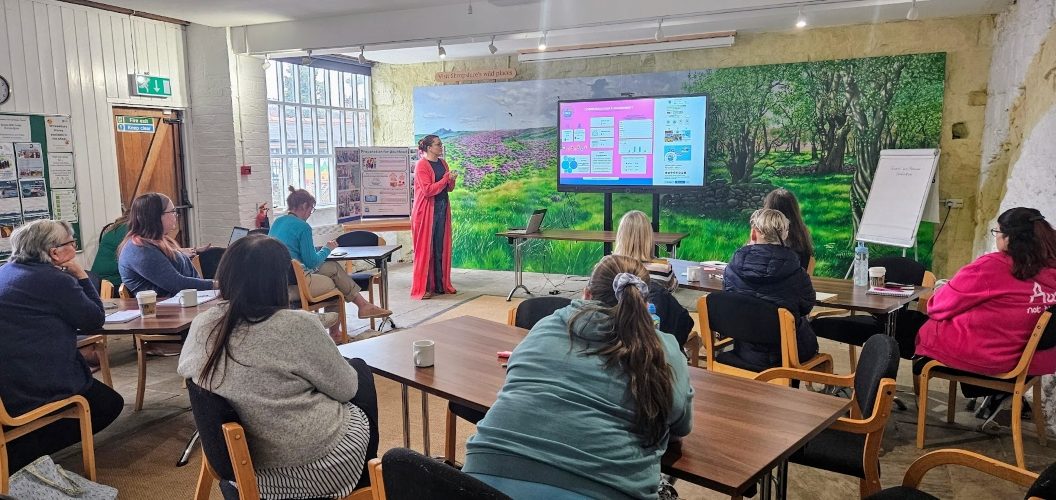
Parent Carer Representation.
PACC works as a representative organisation, with trained and experienced parent carers acting as representatives for the Shropshire SEND Community in strategic and operational discussion with local decision makers. In these discussions supporting co-production, it is key that a range of experiences are heard and inform conversations. PACC Parent Carer Representative take feedback collected by PACC, through surveys and direct contact with Shropshire SEND families into meetings about services and how the system delivers support for the local SEND community. There might only be one Parent Carer in the room, but they will be sharing many voices.

Being a Parent Carer representative means that you support co-production to happen beyond your own experience, so it is important that you spend time understanding key themes in feedback and the experiences that other parent carers have shared with you. You also engage with Parent Carers to encourage them to think about what would work and how any challenges identified could be addressed.

Where possible PACC try to send two Parent Carer representatives to meetings, to provide different perspectives and to provide cover if caring responsibilities mean that one of the Representatives can’t attend. Expenses can be claimed for any costs associated with this work. Currently PACC Representatives attend meetings as part of their voluntary hours. If you would like to know more about being a Parent Carer Representative please contact PACC on info@paccshropshire.org.uk